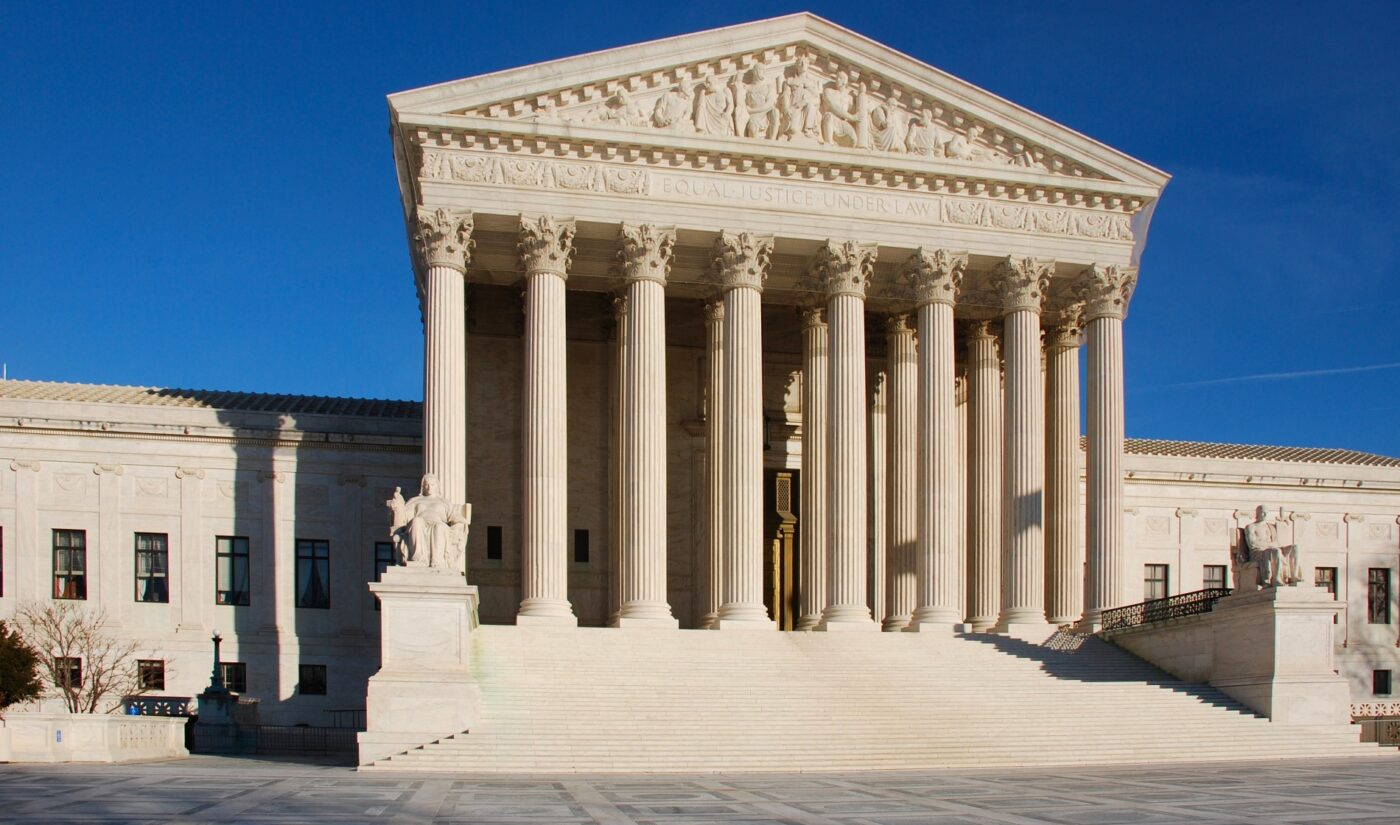At the highest court in the land, the tech industry just secured a significant victory. The Supreme Court of the United States ruled in favor of Google and Twitter in a pair of cases that centered on Section 230 of the Communications Decency Act of 1996.
In both cases, plaintiffs argued that tech platforms should be held accountable when their recommendation algorithms surface content created by terrorist groups and their affiliates. Twitter v. Taamneh concerned Nawras Alasaaf, who was killed in a 2017 ISIS attack in Istanbul. Alasaaf’s family argued that Twitter is culpable for his death because it continued to host ISIS posts on its platform.
In the other case, Gonzalez v. Google, the family of Nohemi Gonzalez — who lost her life during the 2015 ISIS attack in Paris — looked to strip YouTube of Section 230 protections because the platform promoted terrorist content. The prosecution attempted to position YouTube’s recommendation algorithm as a form of speech.

Subscribe for daily Tubefilter Top Stories
Despite those arguments, the Supreme Court chose to uphold the precedent set by Section 230. The provision shields social platforms from legal liability so long as they respond to moderation requests in a timely manner. One testimony during Gonzalez v. Google came from one of Section 230’s initial authors, Senator Ron Wyden. The Oregon politician argued that stripping Section 230 protections would have dramatic consequences for the open internet.
Ultimately, the Supreme Court backed up Wyden’s argument. Justice Clarence Thomas has called for changes to Section 230 in the past, but in this case, the Court’s elder statesman delivered the majority opinion. “It might be that bad actors like ISIS are able to use platforms like defendants’ for illegal – and sometimes terrible – ends,” Thomas said. “But the same could be said of cell phones, email, or the internet generally.”
The Supreme Court decision is a win for tech platforms, but it is unlikely to end attempts to reform Section 230. In recent years, the executive and legislative branches of the U.S. government have attempted to adjust platform protections. For now, the 27-year-old doctrine will remain intact, but its days might still be numbered.








